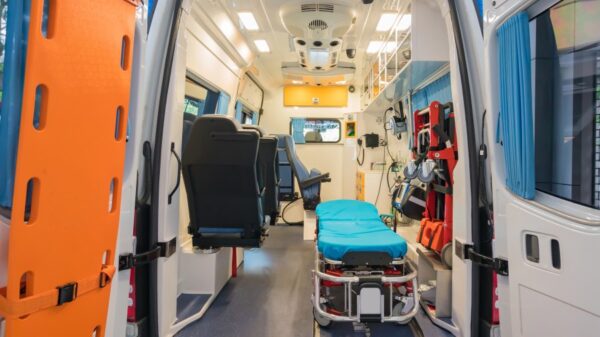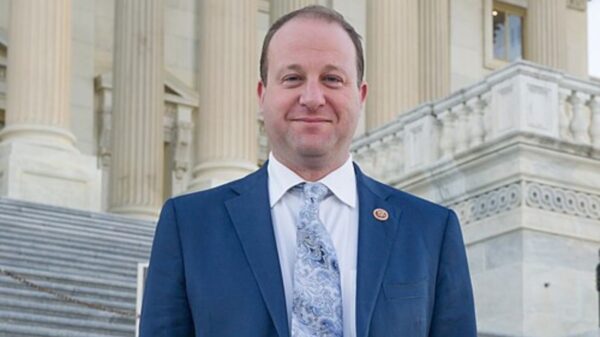Houston has begun construction on the Holcombe Lab, a new facility located at the Michael E. DeBakey VA Medical Center. The lab aims to test thousands of samples daily, focusing on emerging infectious diseases. This project moves forward despite a significant reduction in federal public health funding this year.
According to the Houston Business Journal, the lab’s construction remained on schedule even after the termination of a Centers for Disease Control and Prevention grant. City officials have secured alternative funding sources to address the financial gap. The facility is expected to process thousands of diagnostic specimens each day, significantly improving local and regional public health operations.
Project Overview and Purpose
At a groundbreaking ceremony held last week, city leaders and project partners outlined the collaborative nature of the Holcombe Lab, which incorporates both public and private funding, including contributions from Amelang Partners and the U.S. Department of Veterans Affairs. The two-story, 13,756-square-foot facility will be situated at 2250 Holcombe Blvd, on the VA campus.
Officials indicated that the lab will target infectious threats such as avian influenza, measles, and mpox. Additionally, it will monitor foodborne illnesses and healthcare-associated infections. Houston health officials emphasize that this lab is designed to alleviate testing bottlenecks and provide surge capacity during outbreaks.
The facility is projected to operate as a regional reference site, serving 17 counties in Texas Public Health Region 6/5 South. It will also participate in the CDC’s Laboratory Response Network, thereby enhancing Houston’s integration into national surveillance systems.
Addressing Federal Funding Cuts
The Holcombe Lab’s development reflects Houston’s proactive approach in response to recent federal funding challenges. Earlier this year, the Houston Health Department experienced a loss of approximately $42 million in federal grants, part of a broader trend affecting state and local health programs.
Public health leaders acknowledge that initiatives like the Holcombe Lab are increasingly reliant on creative financing and partnerships while awaiting stability in federal funding streams. They argue that establishing this lab now is essential for enhancing the city’s health infrastructure rather than waiting for federal funding to normalize.
Local filings indicate that the estimated cost of the Holcombe Lab stands at roughly $11.4 million, with construction expected to conclude by summer 2026. The project is utilizing the VA’s Enhanced-Use Lease program, which facilitates the partnership and advances the lab’s development.
City officials assert that the Holcombe Lab will enhance Houston’s ability to manage outbreak responses and reduce waits for crucial test results. They have committed to providing more information about staffing, specimen processing, and details on the specific assays that will be conducted at the new facility as construction progresses toward its anticipated completion next summer.








































































